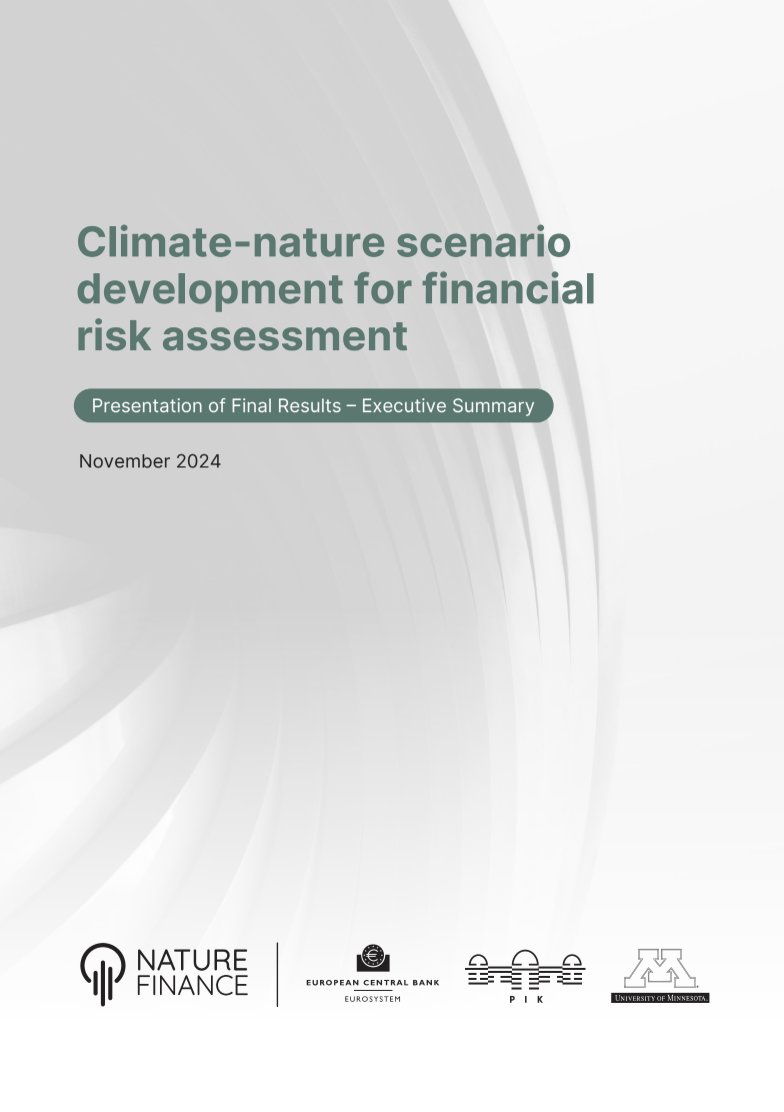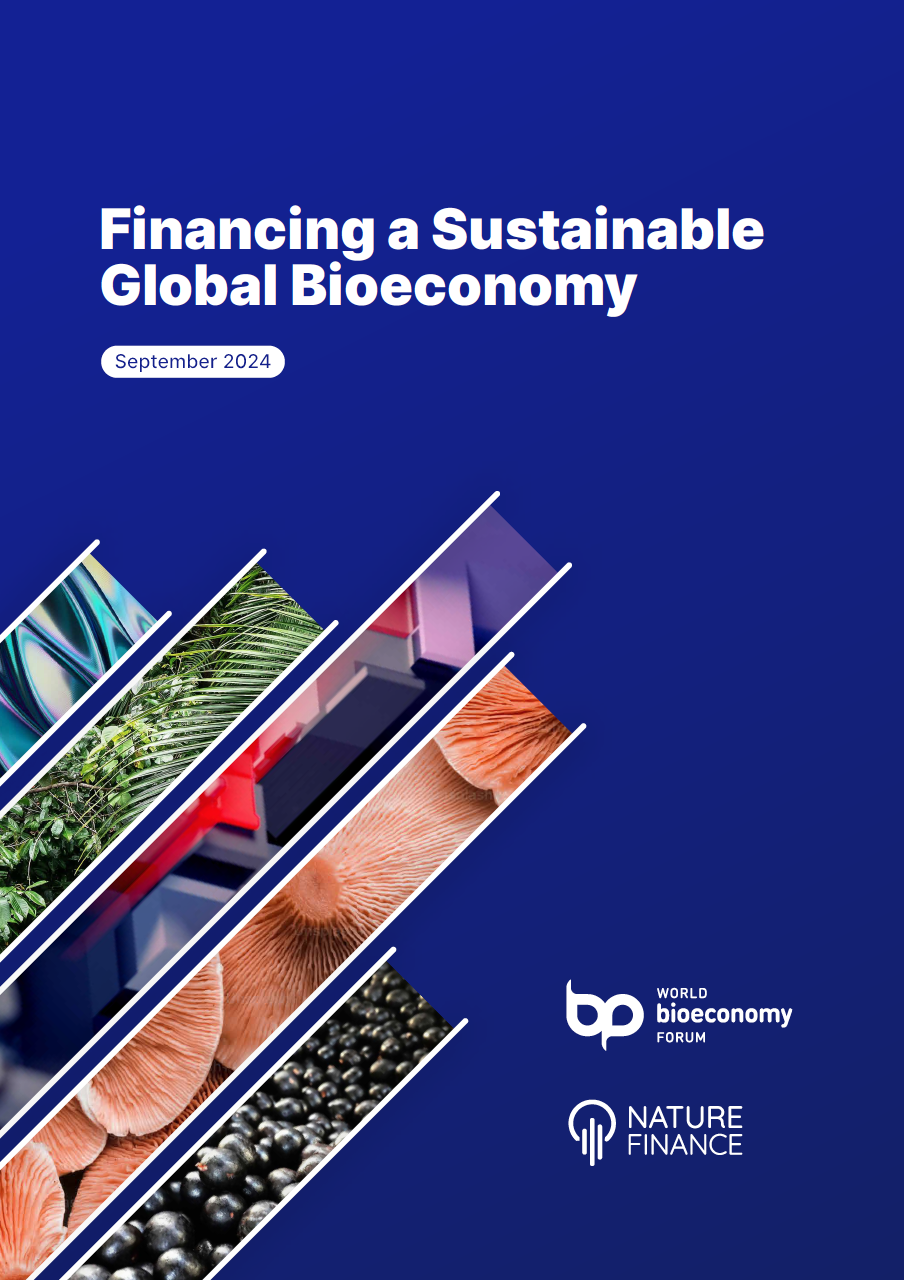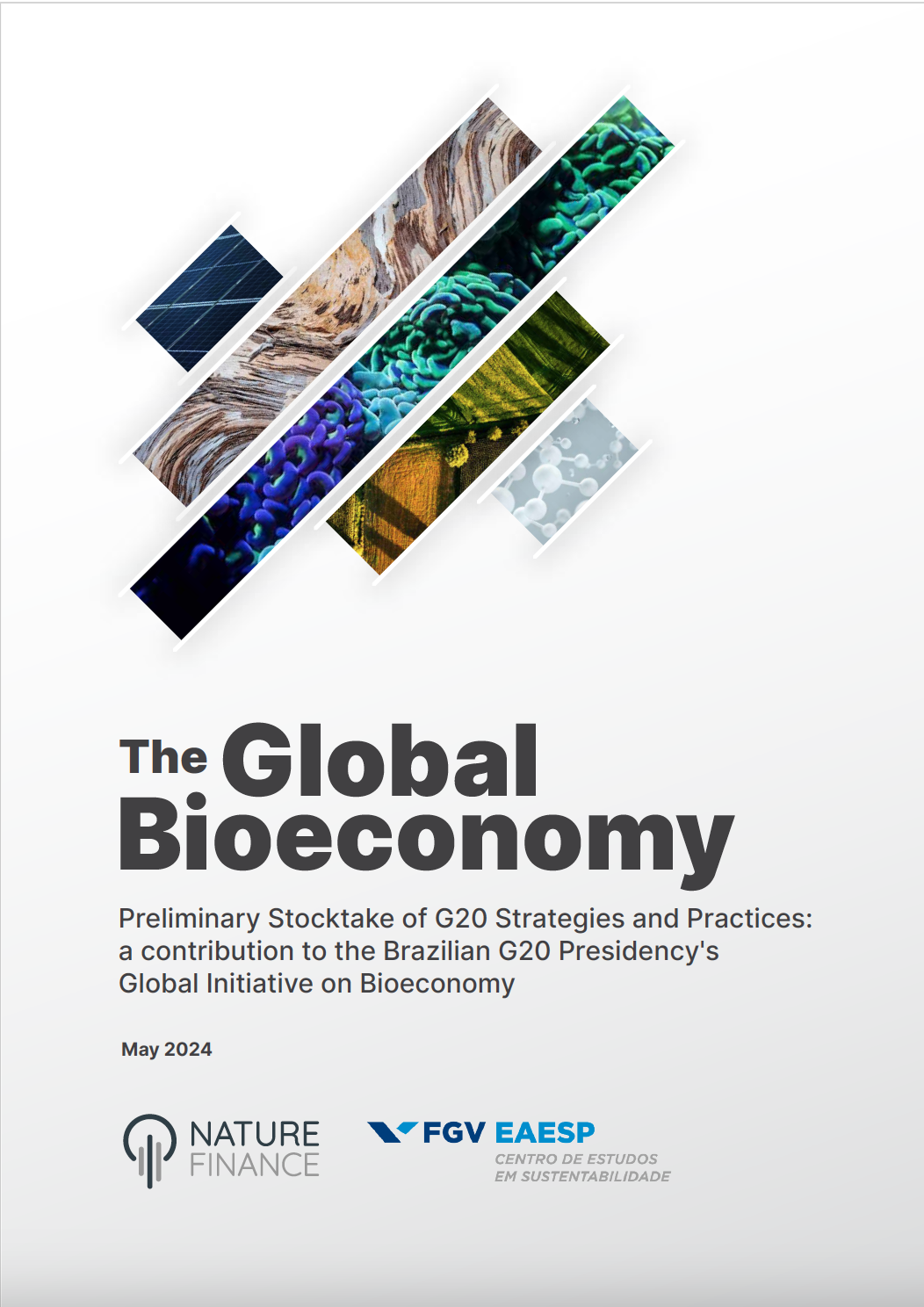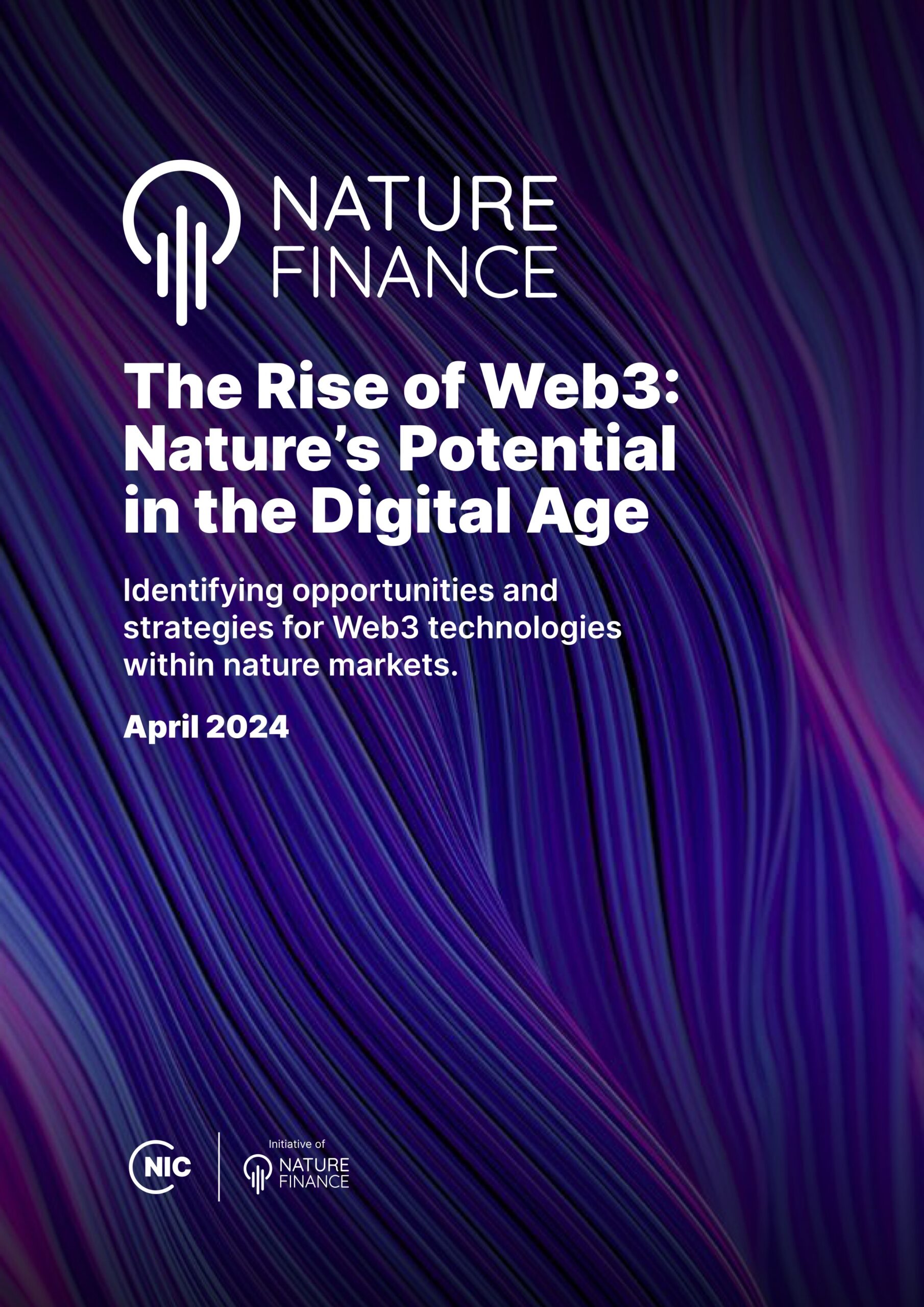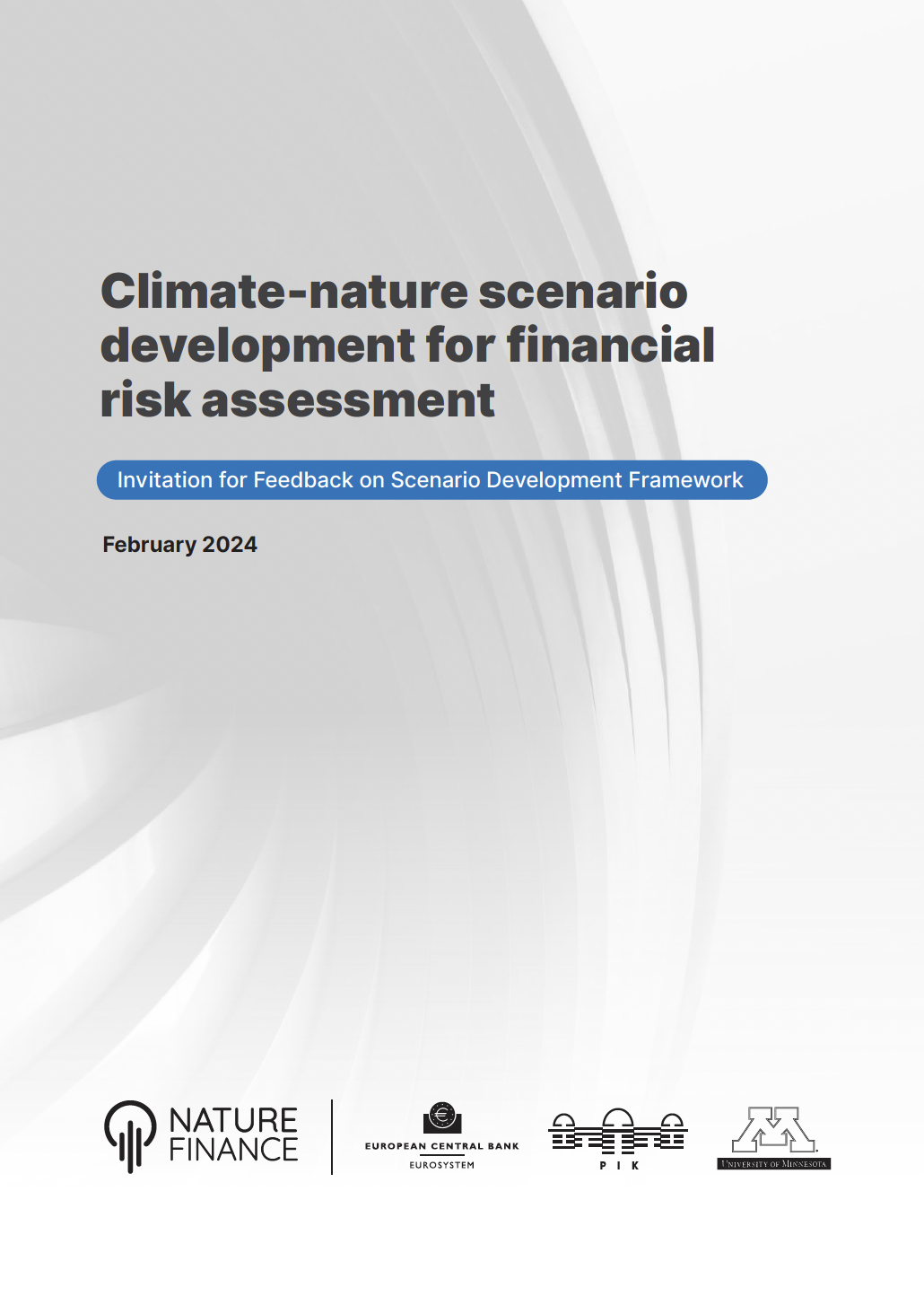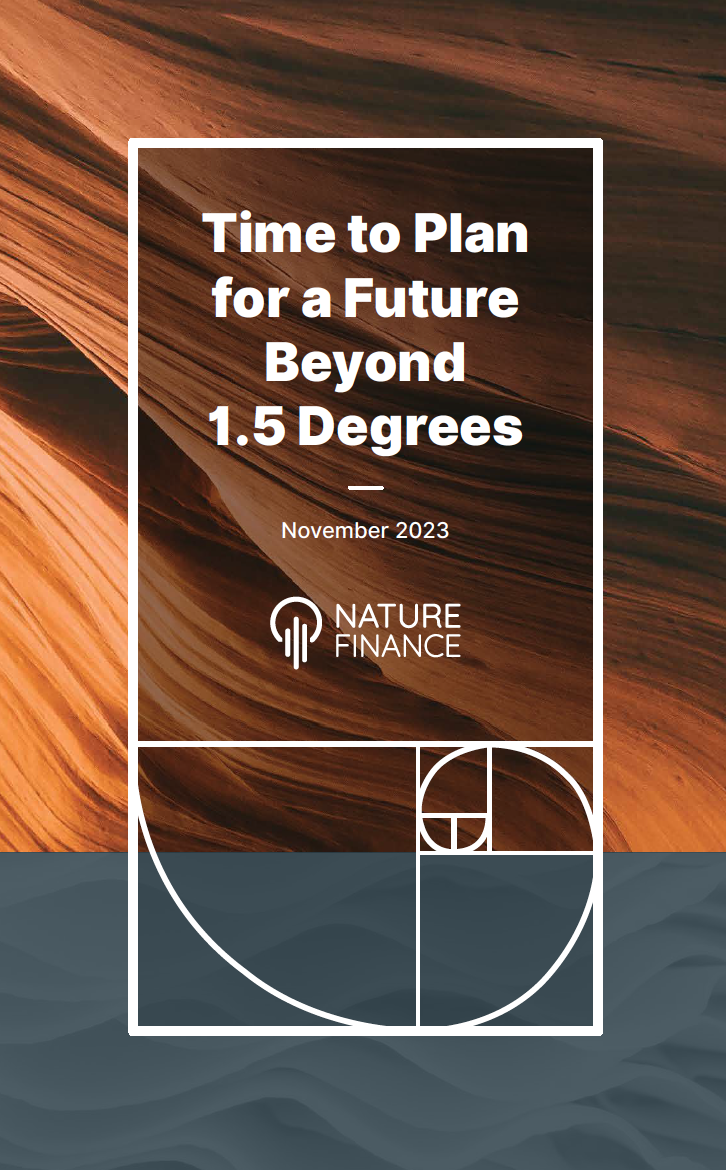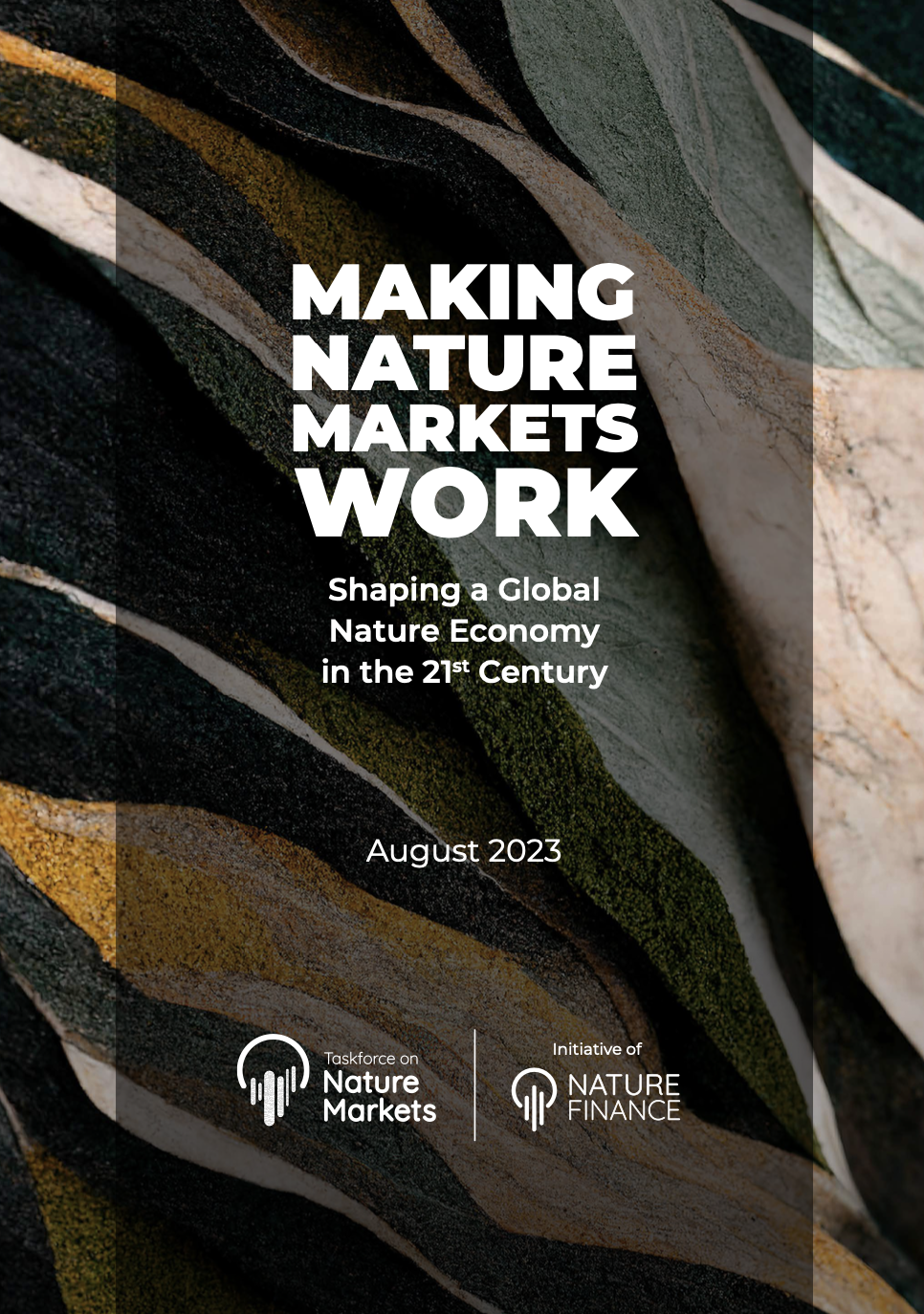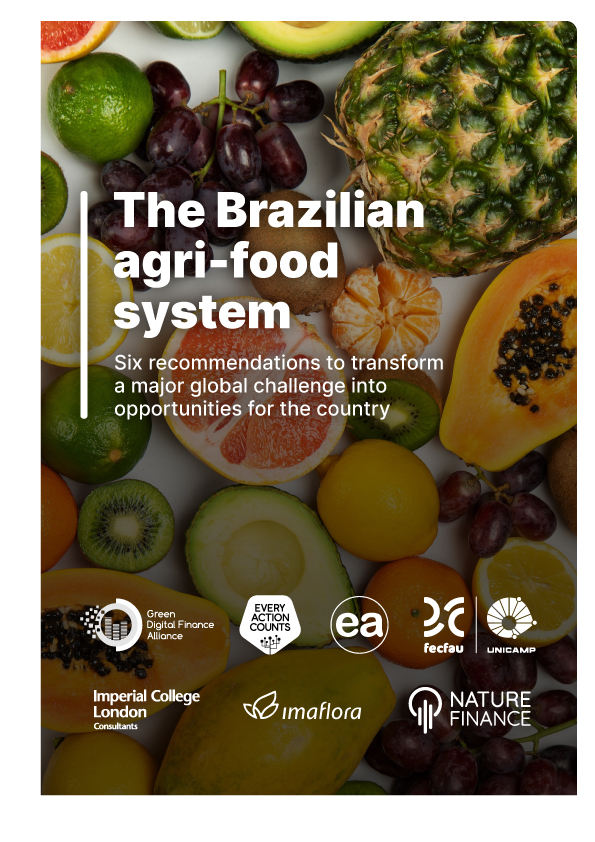Climate-driven food insecurity demands scaled investment in regenerative agriculture and alternative technologies.
We are entering a world defined by cascading, unpredictable, and predictably uncontrollable change. This is not a distant threat—it is a present reality. The accelerating pace of change demands a proactive approach where and how we will invest.
Incremental change alone cannot address the scale of the climate and nature crisis. The finance sector holds the power to catalyse part of a shift, driving investments to protect and restore the natural world while addressing human needs.
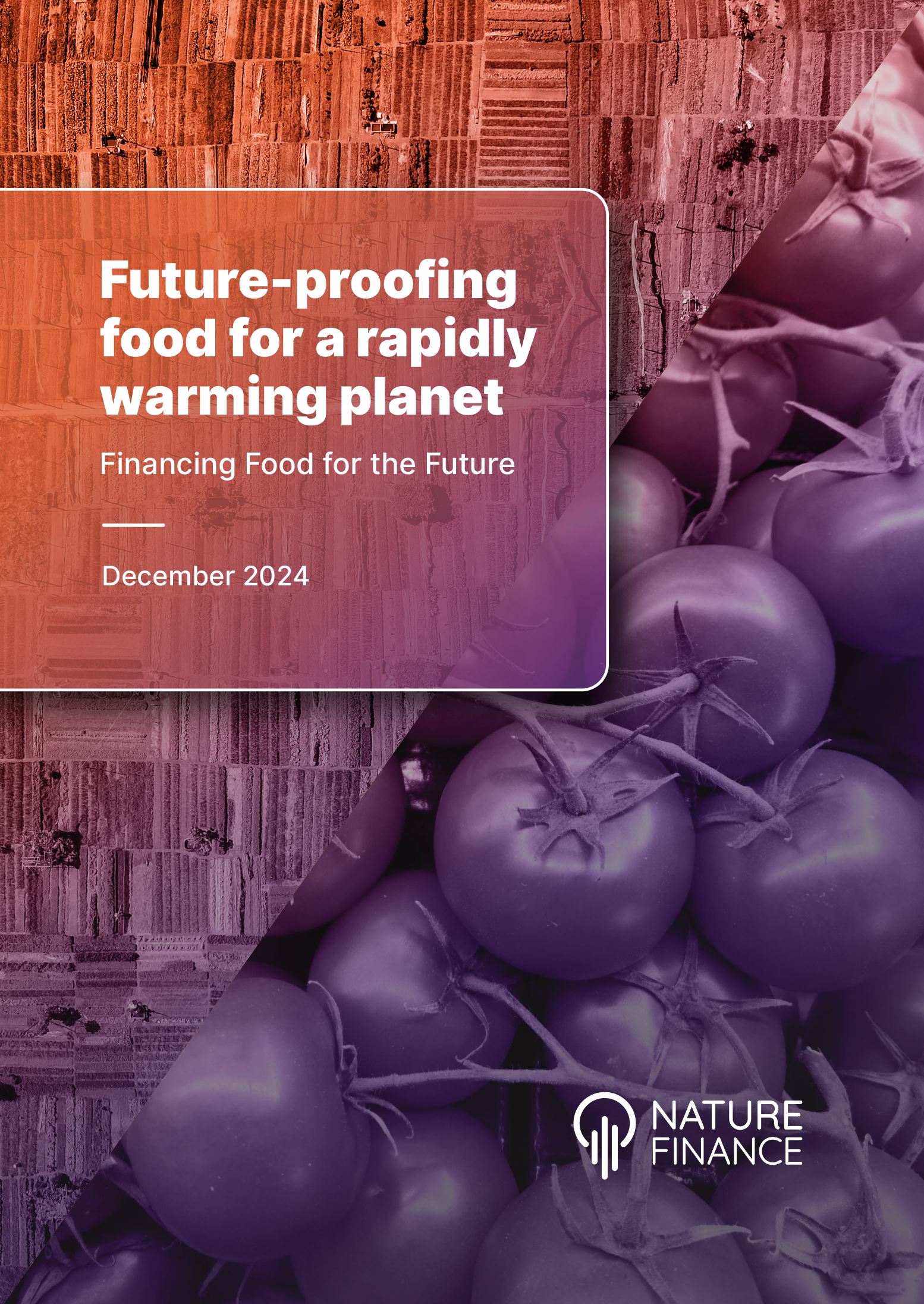
With the latest UN Climate meeting (COP29) leaving the world on track for around 3C of warming, our new report, ‘Futureproofing Food for a Rapidly Warming Planet’ highlights that for many regions, traditional agriculture will be severely disrupted by extreme weather, land degradation, and water scarcity.
Addressing these issues requires a dual strategy to transform our currently unsustainable food production: embrace regenerative farming practices and innovative, disruptive food technologies.
The report argues that:
- Low- and middle-income countries will be most vulnerable to climate and nature disruption in a world warmed beyond 1.5C, leaving them open to increased economic fragility and food insecurity as their ability to produce food declines.
- Coffee-futures prices skyrocketed recently to a near 50 year-high based on supply concerns due to drought in Brazil. Drought and flooding are deeply impacting rice supply and prices in Asia and Europe.
- Addressing these issues and preventing a global food security crisis requires a dual strategy to ensure that our food production system can support everyone in an increasingly disrupted environment.
While investments in regenerative agriculture are critical to protecting and extending the lifespan and productivity of existing farmland and must be scaled up, there is an urgent need to scale up innovative food techniques where soil-based agriculture will become no longer reliable, alongside the use of regenerative agricultural practices where still feasible.
‘Futureproofing Food for a Rapidly Warming Planet’ explores what it would take to scale financing for more capital intensive, climate resilient food production solutions for middle and low-income countries.
Early-stage national experiences from countries such as Singapore, Brazil and Rwanda highlight the need for international cooperation, widespread reform and redirection of agricultural subsidies, as well as the use of new financial instruments such as nature and carbon credits, performance-linked financing and tax credits, all according to specific technologies and contexts.
Using such approaches, it would be possible to simultaneously attract scaled private investment, make efficient use of public funds, and lower the cost of delivered nutrition.
Contact and more information: Joanna O’Malley, Program Coordinator, joanna.omalley@naturefinance.net
For media & communications inquiries, please reach out to nfcommunications@naturefinance.net
